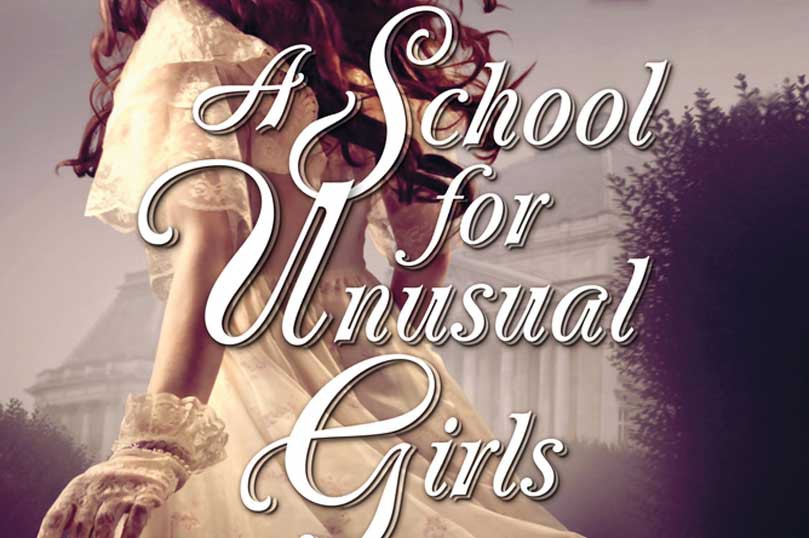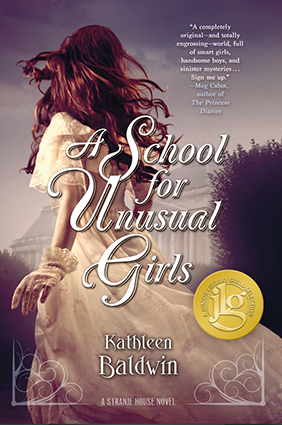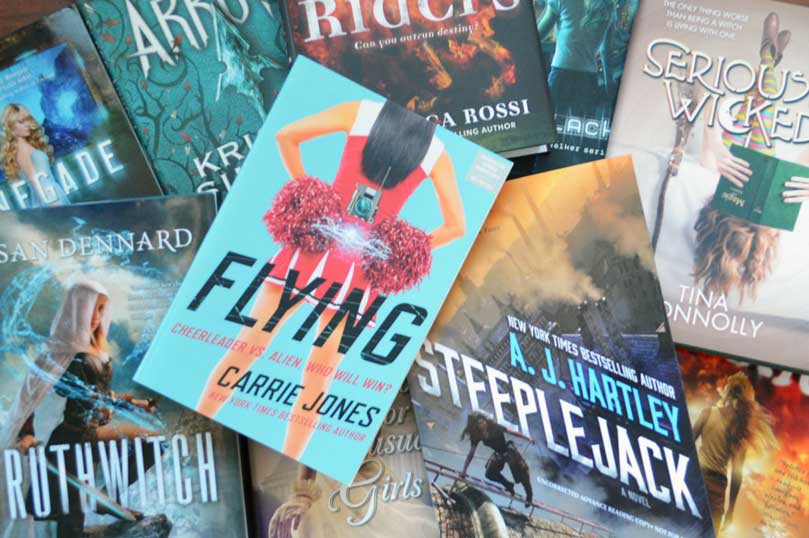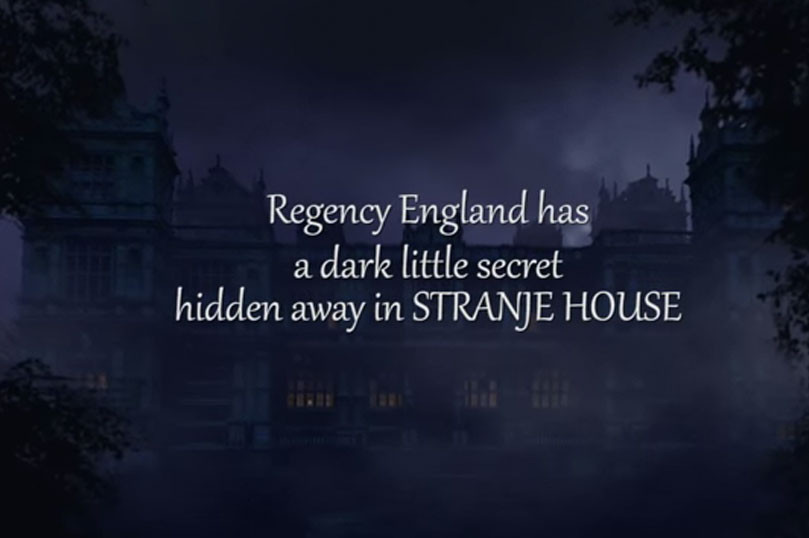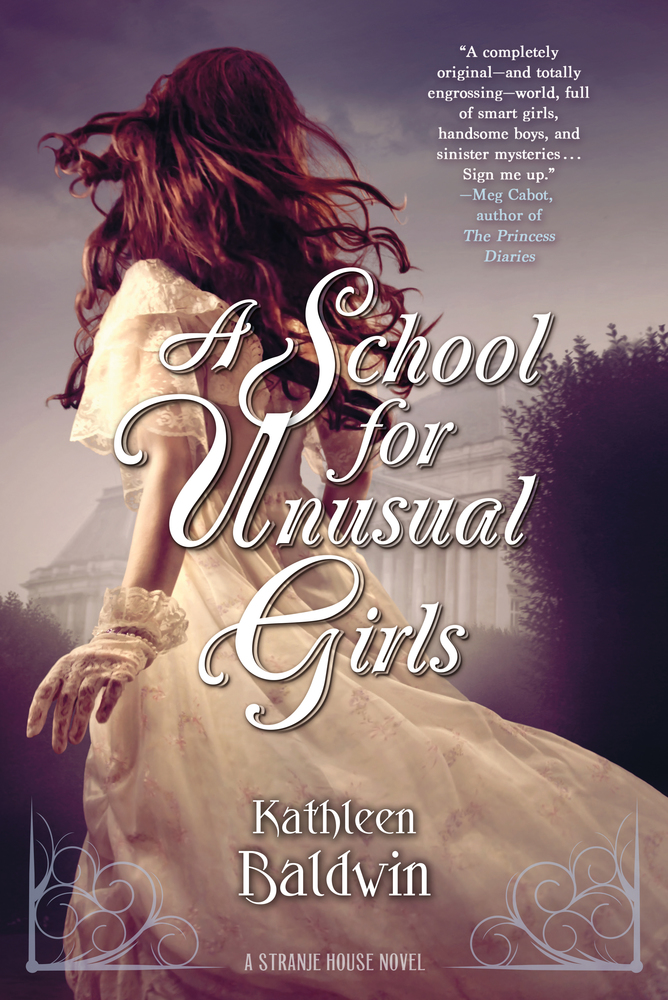
Written by opens in a new windowKathleen Baldwin
Part 2
For you brave souls who are planning to time travel back to the Regency era I’ve put together this short linguistics guide. But first a warning…
Hide Your Brains
No, not from zombies!
If you want to flirt with a dashing duke or snag a handsome viscount for a waltz, I suggest you disguise your smarts. During the Regency era, intelligence in a young lady was generally viewed as a liability. Brainy women were dangerous to society. Consequently, brilliant women of the time, such as Jane Austen, often lived their entire lives unmarried.
 Besides, you wouldn’t want to be considered a bluestocking now would you?
Besides, you wouldn’t want to be considered a bluestocking now would you?
What is a bluestocking, you ask?
A bluestocking is a woman who dares to discuss controversial issues like war and politics. Oh my! She even reads books about philosophy and science. Can you fathom such behavior? Not only that, but a bluestocking insists on talking about what she has learned. Appalling!
It all goes back to the problem of being exceptional. You may remember from opens in a new windowA Time Traveler’s Guide to Regency England, Part 1, being declared “unexceptional” was a high compliment. As the young ladies in A School for Unfortunate Girls learned, one must vigorously guard against appearing too exceptional or end up getting carted off to a school to reform one’s manners.
Talking the Talk
French—ah, the romantic language, the language of nobility.
Yes, yes, I realize I’ve just warned you against appearing too smart, and now I’m telling you to learn some French. It sounds contradictory, but sprinkling a few elegant French phrases in your conversation will make you seem sophisticated and upper crust.
You needn’t get too good at it. It is perfectly all right to butcher the accent or mispronounce a word here and there. After all, Britain was at war with France and you wouldn’t want to be viewed as a sympathizer even though the English dressed like Josephine, Napoleon’s wife, and adored French lace, French wine, French silk… well, really, they admired all things French. It’s a pity England was at war with them.
 Baby Talk and Lisps
Baby Talk and Lisps
For young ladies of the ton (society’s upper ten-thousand) a baby-talking lisp was en vogue. It was considered très chic to lisp like a toddler while lacing French phrases into one’s conversation.
I ask you, what could be more appealing to a roguish Regency buck than a young lady who sounds like a lisping four year-old and knows a smattering of French. “Oh thir, you flatter me. Merci beaucoup, er, I mean, merthi beaucoup.” She blushes and lowers her fan (translation: I really think you’re hot).
Language of the Vulgar Tongue
On the other hand, young gentlemen preferred to act tough by using a cant popularized by common thieves. If a young man wanted to be seen as a cool dude by his friends, otherwise known as a Dandy or a Corinthian, he must get his hands on a coveted cheat sheet, called Dictionary of The Vulgar Tongue. From this scandalous dictionary he’d learn to sling around phrases like, “My, but aren’t you a prime article.” This means he thinks you’re really good-looking. Unless he’s talking to a horse. In that case, he thinks the horse is fast, a “real goer.”
Idioms and Colloquialisms
 If a handsome earl shakes his head and says, “Mr. Smiley, poor fellow, stuck his spoon in the wall yesterday.” Whatever you do, you mustn’t laugh. This does not mean Mr. Smiley had an unfortunate accident with his eating utensils. It means the earl’s dear old chum has given up the ghost, curled up his toes, shuffled off this mortal coil. There, did I use enough idioms? In short, poor Mr. Smiley has died.
If a handsome earl shakes his head and says, “Mr. Smiley, poor fellow, stuck his spoon in the wall yesterday.” Whatever you do, you mustn’t laugh. This does not mean Mr. Smiley had an unfortunate accident with his eating utensils. It means the earl’s dear old chum has given up the ghost, curled up his toes, shuffled off this mortal coil. There, did I use enough idioms? In short, poor Mr. Smiley has died.
On to cheerier expressions. If someone invites you to nuncheon, they are not planning to engage you in a tournament with nunchuks. You may breathe easy. A nuncheon is a midafternoon snack with tasty biscuits and tea. It might even be held out of doors if the weather is balmy.
Which brings us to the word barmy, not to be mistaken for balmy. If someone looks down her nose at you and whispers behind her fan to a friend, “I do believe that young lady is barmy.” She’s insinuating that you are daft, looney tunes, or just plain Alice in Wonderland nutty.
I’ll be back with more semi-sage advice for all of you brave Regency time travelers.
Preorder A School for Unusual Girls today:
opens in a new windowAmazon | opens in a new windowBarnes & Noble | opens in a new windowBooks-a-Million | opens in a new windowiBooks | opens in a new windowIndiebound | opens in a new windowPowell’s
Follow Kathleen Baldwin on Twitter at opens in a new window@KatBaldwin, on opens in a new windowFacebook, or visit opens in a new windowher online.
 opens in a new window
opens in a new window opens in a new window
opens in a new window opens in a new window
opens in a new window opens in a new window
opens in a new window opens in a new window
opens in a new window
 opens in a new window
opens in a new window opens in a new window
opens in a new window opens in a new window
opens in a new window opens in a new window
opens in a new window opens in a new window
opens in a new window

